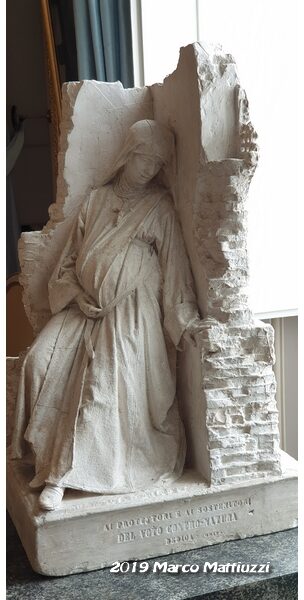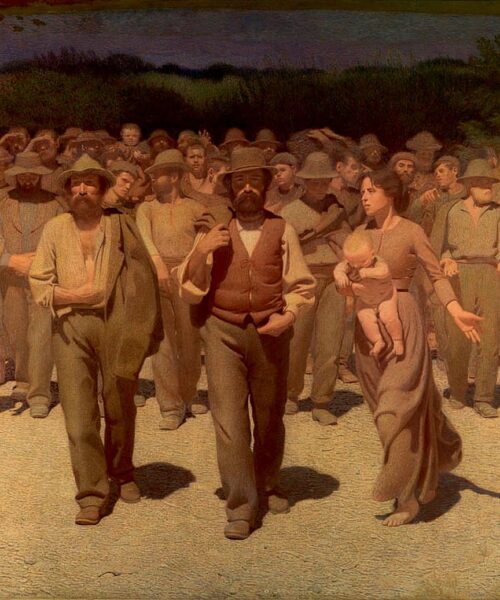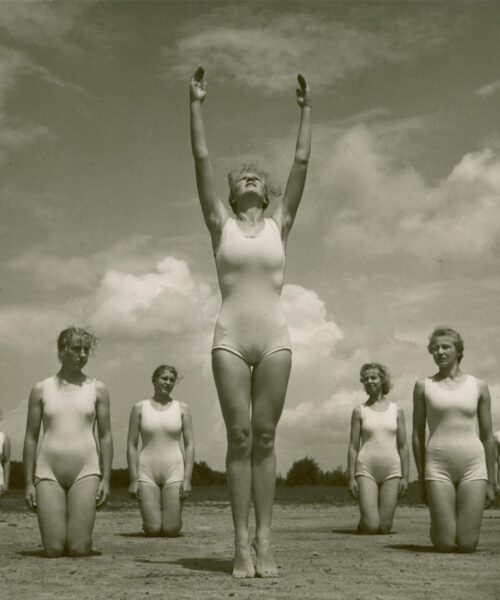The promise of an Age of Aquarius. A new society where the concept of private property was to be scrapped, and where the common ownership of goods represented the guiding idea for creating a more equitable and unified society. This was one of the cornerstone principles underpinning hippy communities, groups of individuals who, between the 1960s and 1970s, sought to reinvent society and liberate it from the constraints of a capitalism perceived as oppressive.
The abolition of private property—so went the idea—would eliminate greed, injustice, and inequality. Everything owned by an individual would be shared with the group, creating a community where each had access to all that they needed. Money, seen as the root of many social ills, would lose its value and power.
In theory, this vision was enticing. But the reality proved to be far more complex and multifaceted. The utopia of total sharing clashed with human nature and the intricacies of managing material goods. Where it was thought that the abolition of private property would end tensions, in practice, it often fueled new conflicts.
The issue of who had the right to use what, when, and how, turned out to be much more complicated than initially imagined. Who decided the use of communal goods? How were abuses and overreach avoided? The fair and correct management of goods, without the aid of clear and institutionalized rules, quickly became a Gordian knot for many of these communities.
Some individuals, for instance, ended up contributing more than their “fair share,” while others proved less willing to work or share their resources. This generated resentments and tensions, undermining the group’s cohesion and the ideal of altruistic sharing.
So, what do the failures of these communities teach us? Perhaps, that the need for property and a degree of individualism is more deeply ingrained in human nature than these hippy utopias had foreseen. Or perhaps, that moving from theory to practice requires a deeper consideration of the complexities of human behavior and social dynamics.
In reflecting on the shattered utopias of hippy communities, we can perhaps better appreciate the challenges involved in creating a more equitable and just society. The desire to abolish private property and establish common ownership has highlighted deep-rooted issues that must be confronted if we are to build a fairer world. And although these utopias failed to realize their goals, they offer us valuable lessons on how we can work together to create a better world.













[…] Per approfondire “Proprietà Privata vs Comunione dei Beni nelle Comunità Hippy” clicca qui. […]